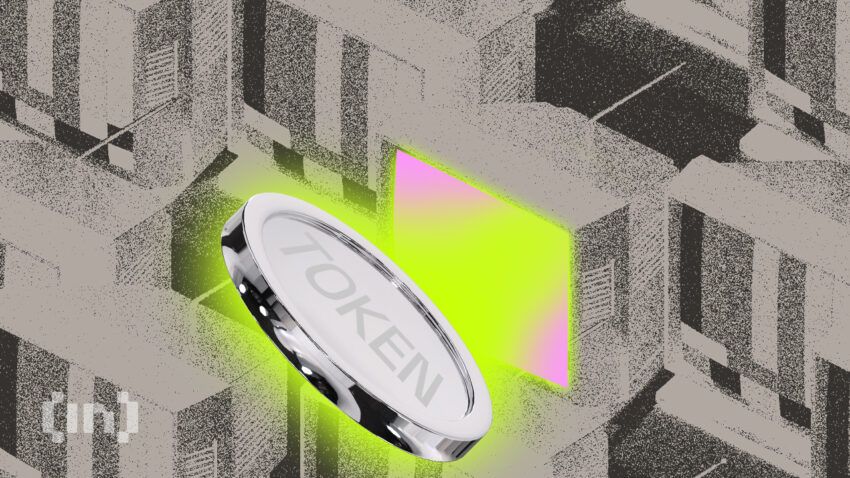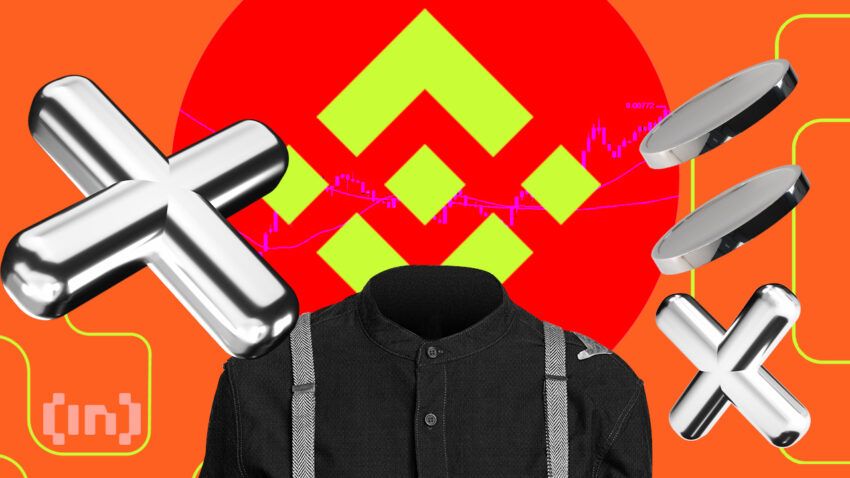In the world of cryptocurrencies, an exchange’s decision to delist a token can have far-reaching consequences. Binance US recently decided to delist not just one but two tokens in a fell swoop. And when a major exchange makes a move like this, the cryptocurrency community sits up and takes notice.
Recently, Binance US announced that it would delist two tokens: TRON’s TRX and a lesser-known token called SPELL. The announcement triggered a frenzy of speculation and debate about the reasons behind the delisting. It also stirred conversations around the implications for the tokens’ future.
How Does Delisting Work?
For those unfamiliar with the concept of token delisting, it’s important to understand that exchanges operate under their own rules and regulations. These rules vary from one platform to another. A token can be delisted by an exchange for a variety of reasons. Examples include lack of liquidity, a drop in trading volume, or in some cases, legal issues.
Why Did Binance Delist TRX?
In this case, Binance US cited “compliance reasons” as the reason for the delisting. While the exchange did not elaborate on the specific compliance issues that led to the decision.
Sun currently faces a lawsuit from the US Securities and Exchange Commission (SEC) over allegations of unregistered securities offerings. Some observers speculate that Binance US’s decision to delist TRX may have been influenced by the ongoing legal issues.
The SEC has made allegations against Justin Sun, the founder of cryptocurrency Tron (TRX) and BitTorrent Token (BTT). The agency accuses him of “extensive wash trading” and using social media promotions without disclosing compensation.
In the regulators’ view, Sun’s aim was to foster an illusion of high levels of trading activity for the digital assets. Wash trading involves simultaneous buying and selling of a security by the same person or entity without any change in ownership. This artificially inflates trading volumes. The SEC hopes its firm stance will encourage transparency and accountability in the crypto industry.

Is Delisting Without Proof of Fraud Ethical?
Cryptocurrencies, by their very nature, are decentralized and independent of government regulations and fiat systems. This means that their value and trade are not tied to any specific country or regulations, which can make them highly volatile. However, there has been a trend of exchanges delisting certain cryptocurrencies, which raises questions about the credibility of such actions.
It is essential to understand whether the decision to delist a cryptocurrency is part of routine reviews or a ploy to gain favorable judgments from regulators. Many factors come into play, including market volatility, public outcry, regulatory requirements, technical limitations, and political affiliations. For example, some exchanges may voluntarily delist certain cryptocurrencies due to concerns about their legitimacy. Others may be forced to do so by a regulatory body.
The key is to be vigilant in assessing the reasons behind the delisting and ensuring that it serves the larger interest of the market rather than just benefiting a certain group or individual.
Crypto Exchanges and Transparency
Regardless of the reasons for the delisting, the incident highlights the importance of clear and transparent exchange rules. In an industry where regulations are still evolving, exchanges must provide clear guidance on their policies around token listings and delistings in order to maintain the stability and health of the cryptocurrency market.
The delisting also raises questions about due process and the potential legal and ethical concerns associated with an exchange unilaterally deciding to remove a token from its platform. Exchanges must be able to take action to protect the integrity of their platforms. However, it is crucial that they do so in a way that is fair and transparent.
Market Implications
Finally, the Binance US delisting of TRX and SPELL may have broader market implications. The decision could send a signal to other exchanges and regulators about the perceived risks associated with these tokens. And this can potentially lead to further delistings or regulatory action.
If proven innocent, these market moves could devastate an honest business. If proven guilty, the question still remains whether Sun should be punished before his day in court.
Disclaimer
Following the Trust Project guidelines, this feature article presents opinions and perspectives from industry experts or individuals. BeInCrypto is dedicated to transparent reporting, but the views expressed in this article do not necessarily reflect those of BeInCrypto or its staff. Readers should verify information independently and consult with a professional before making decisions based on this content. Please note that our Terms and Conditions, Privacy Policy, and Disclaimers have been updated.


